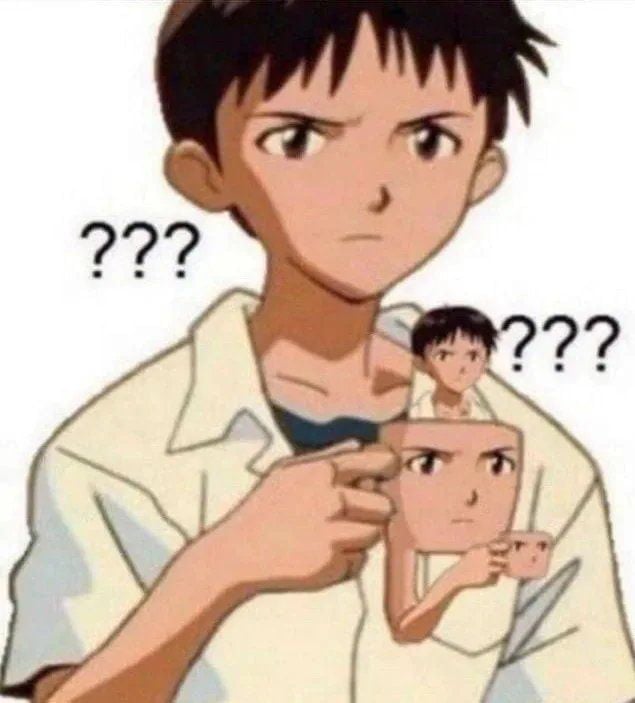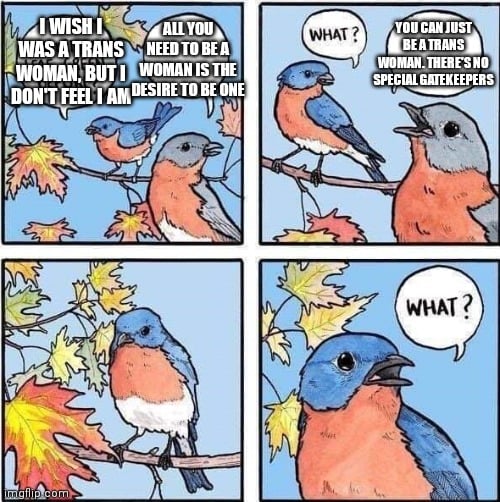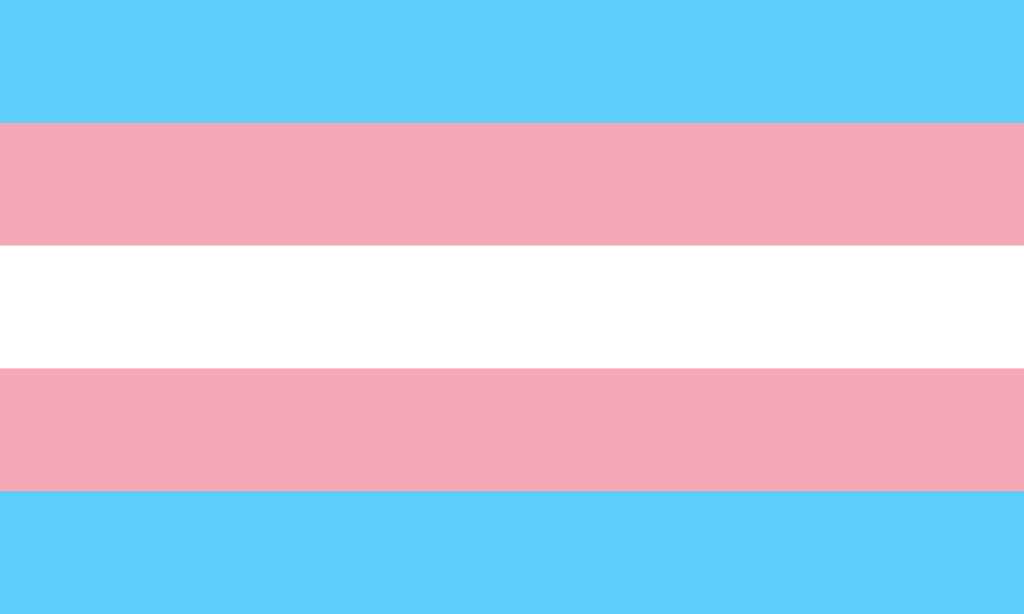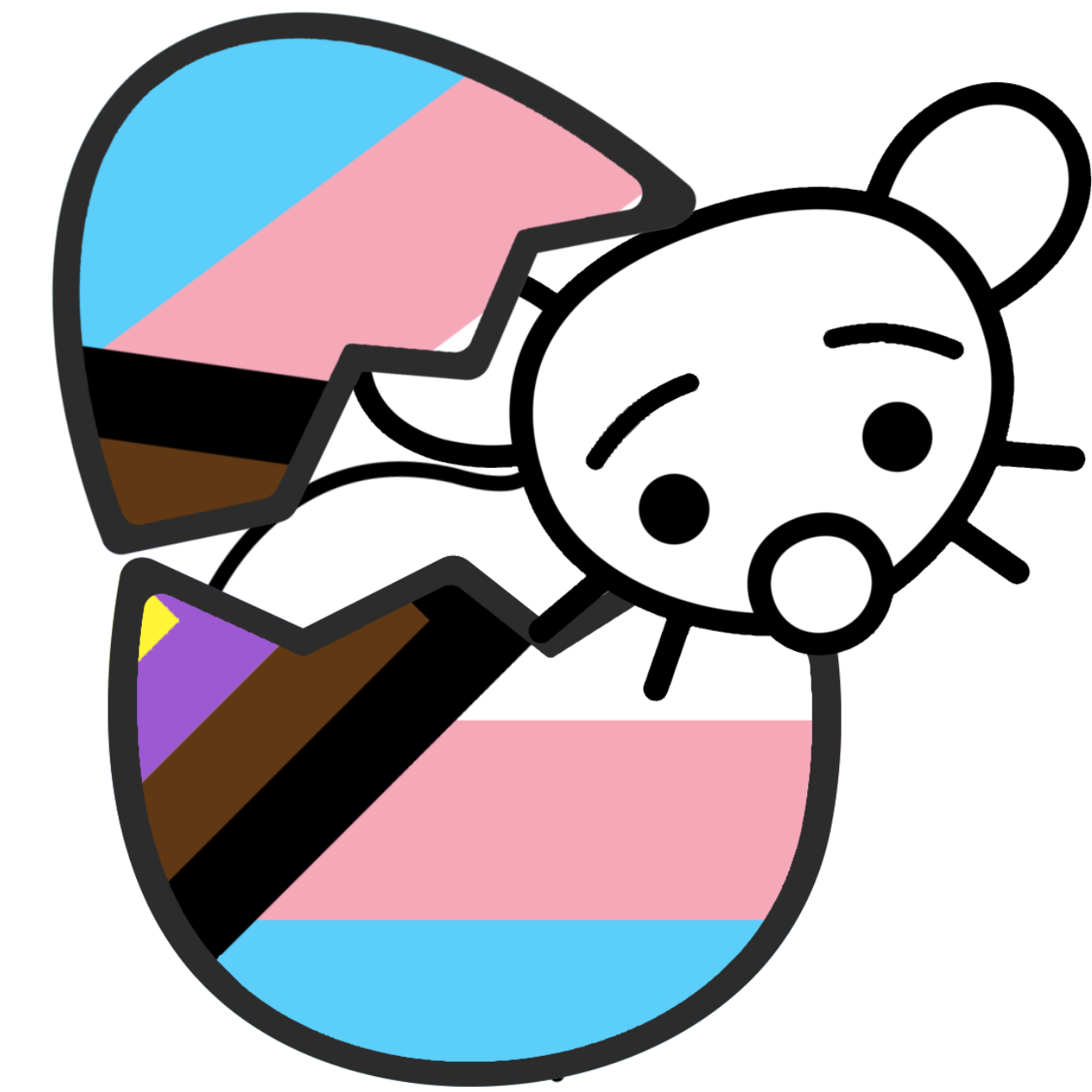

so PugJesus, who posts like 90% of the memes here, doesn’t miss out from federation. Bish earned the instance ban on blahaj.zone, but it felt rude to not have them see a post on a comm they enjoy. Plus, this prevents a double post of the same meme in the future.













thousands of stacking poison damage and dozens of stimpacks later